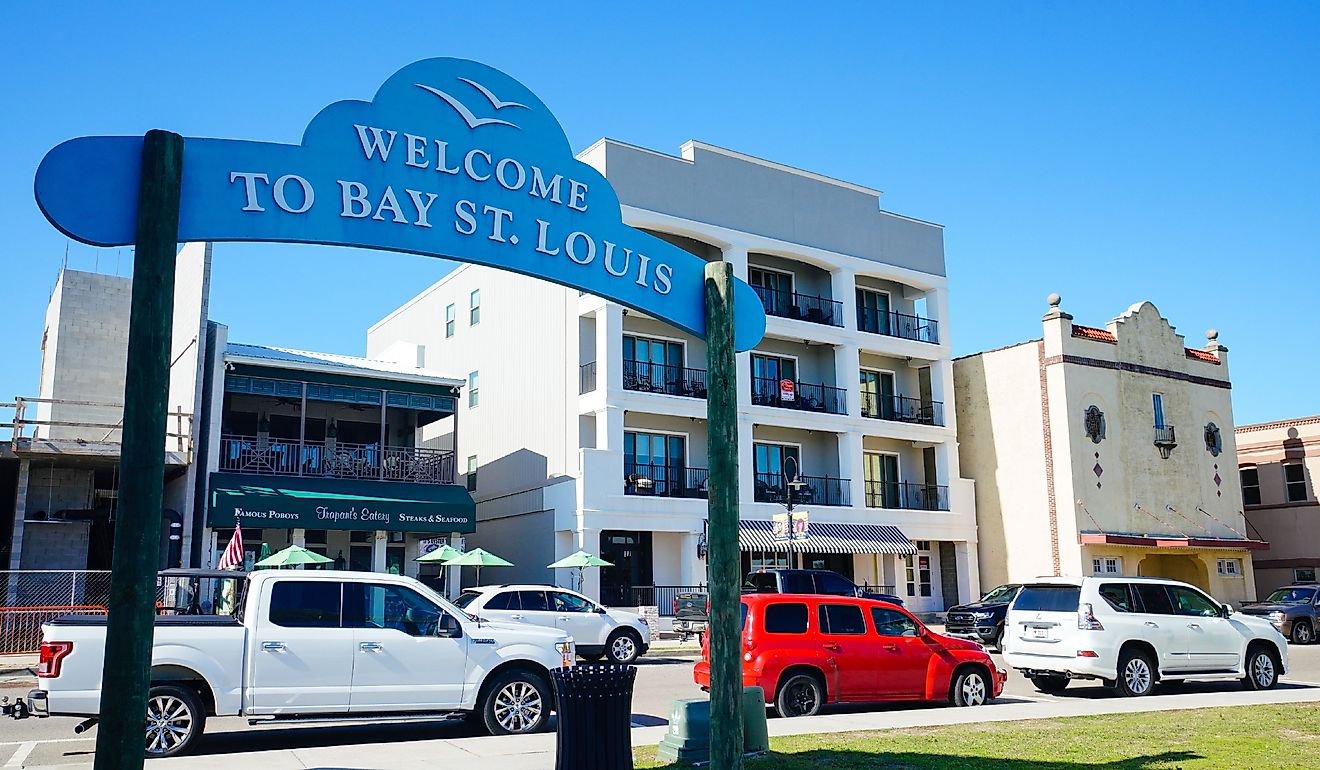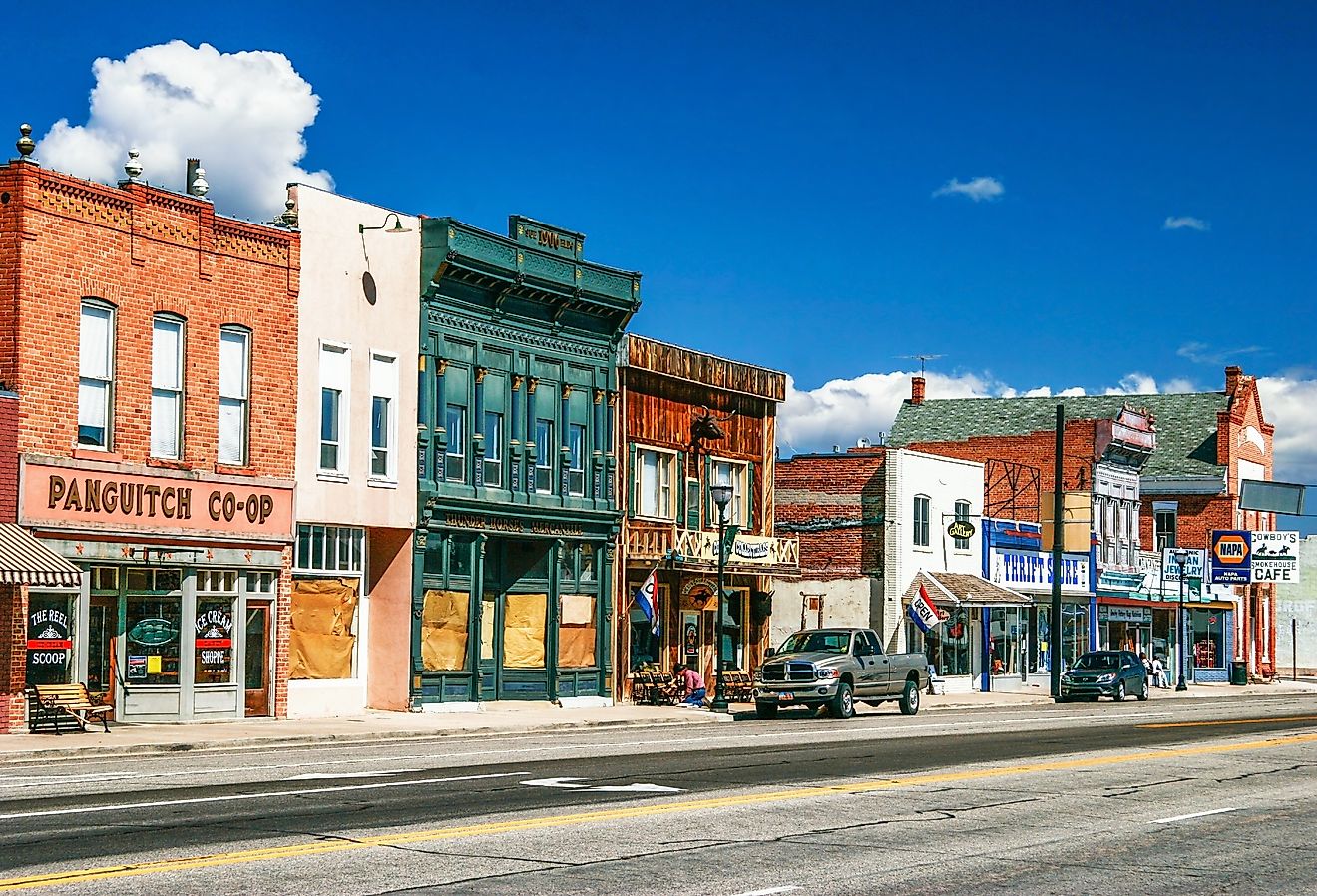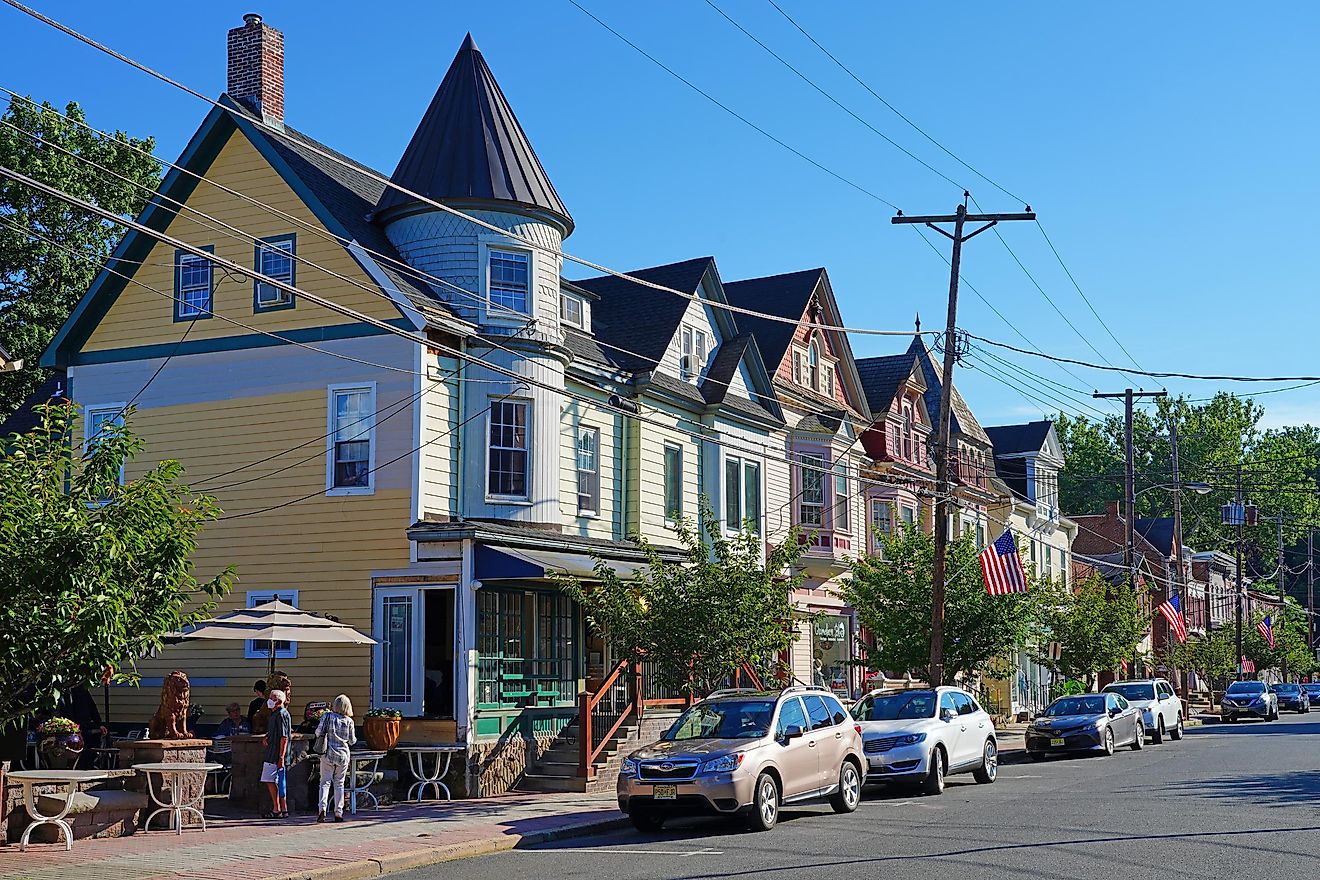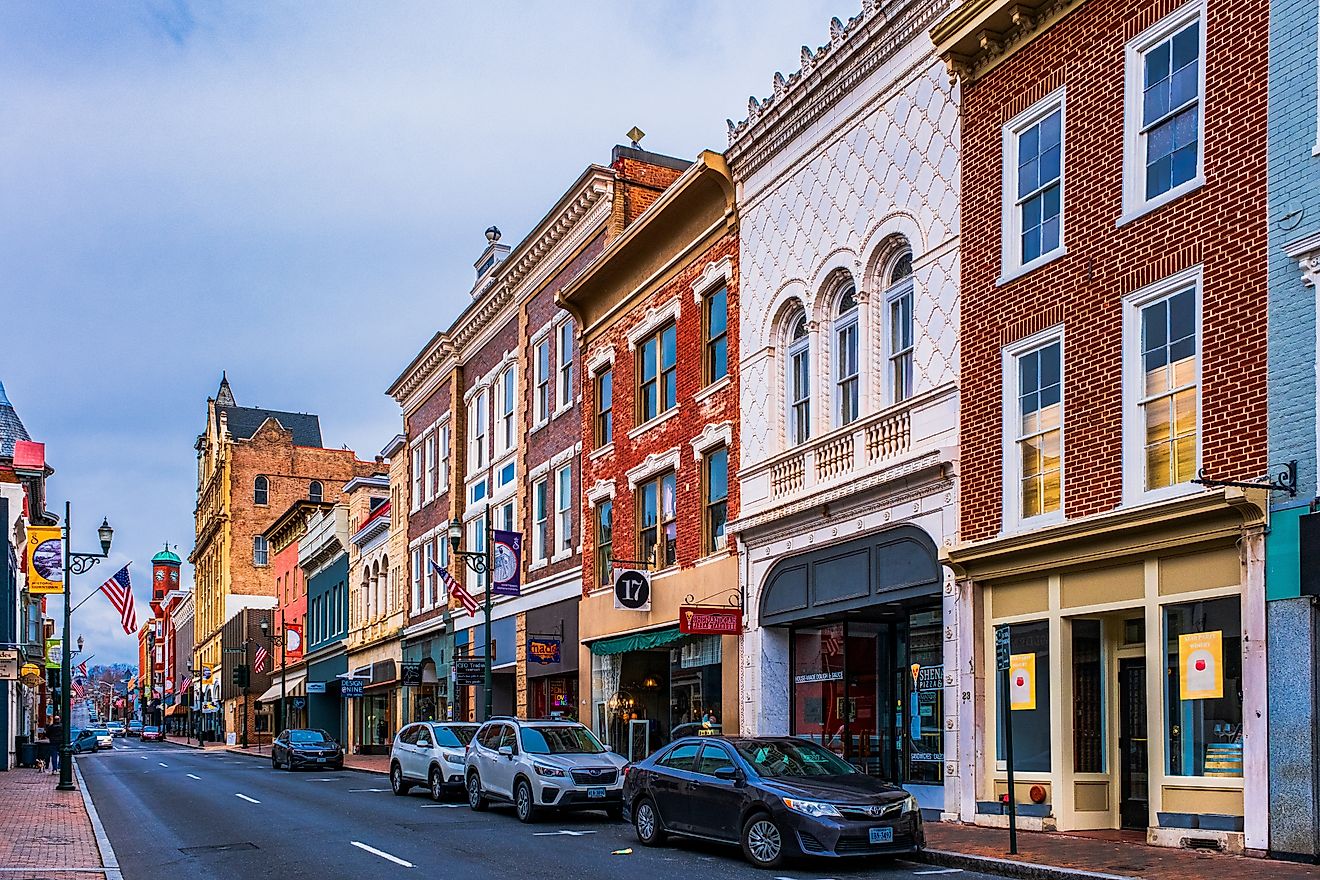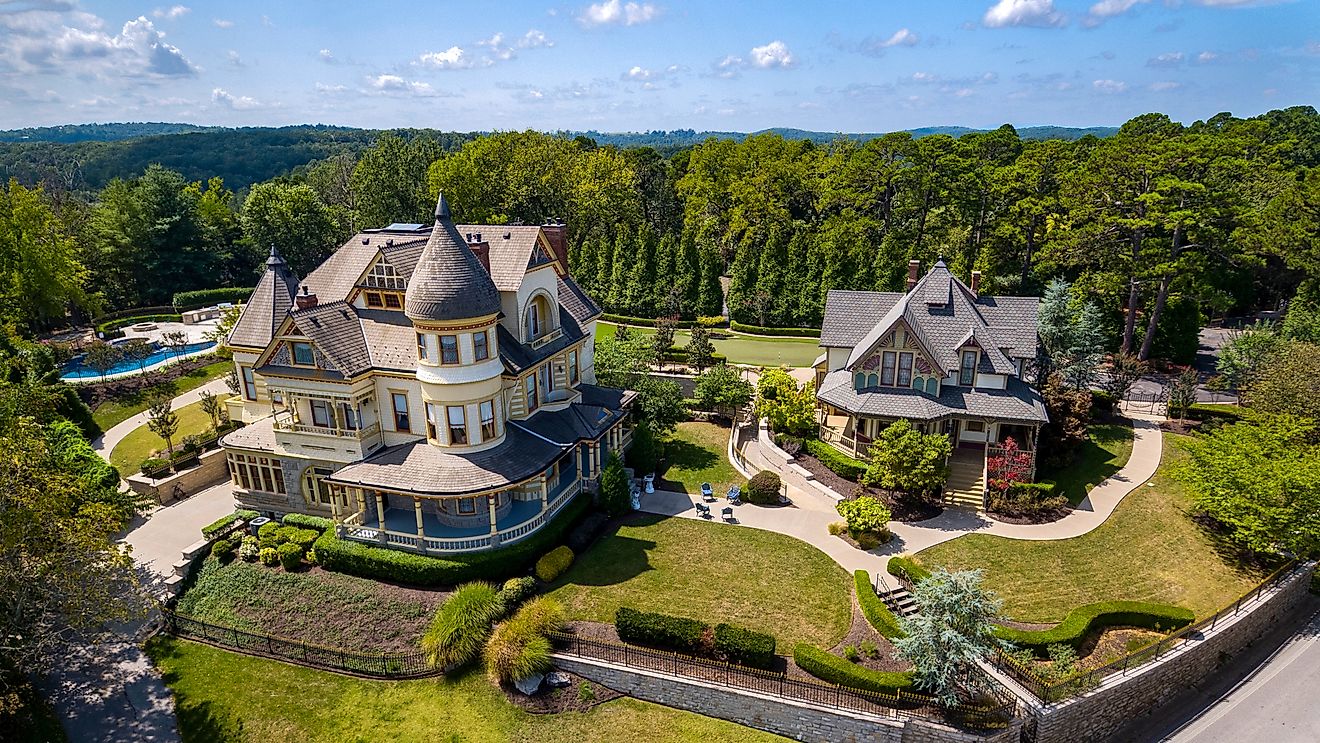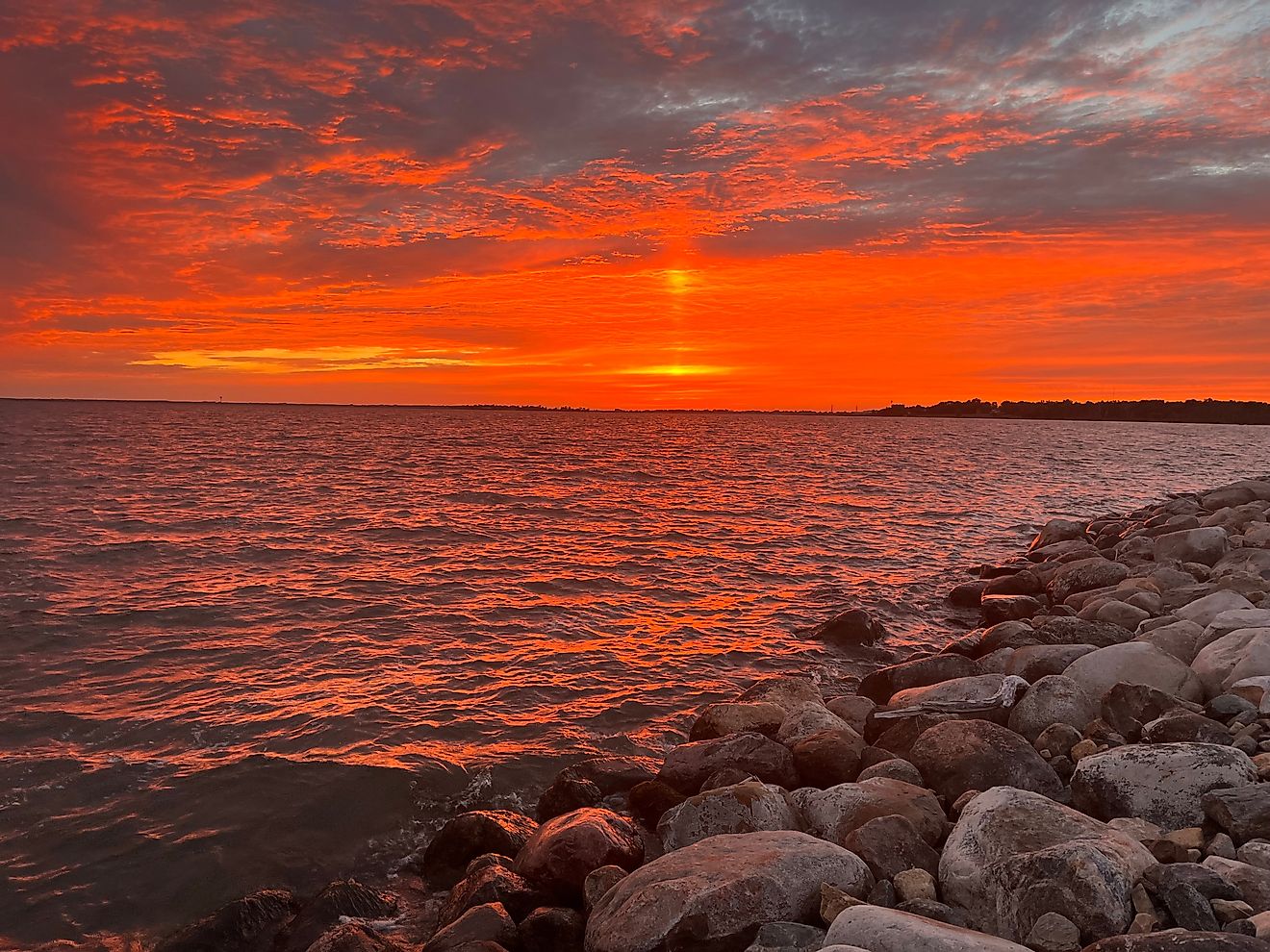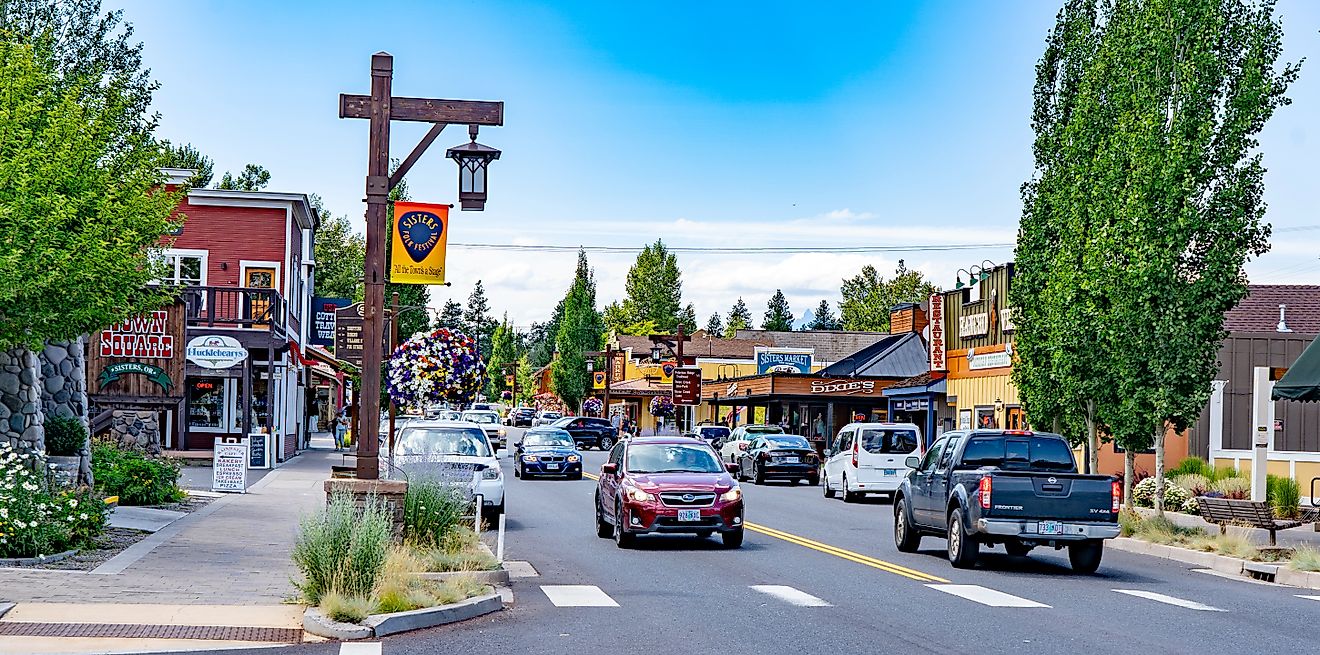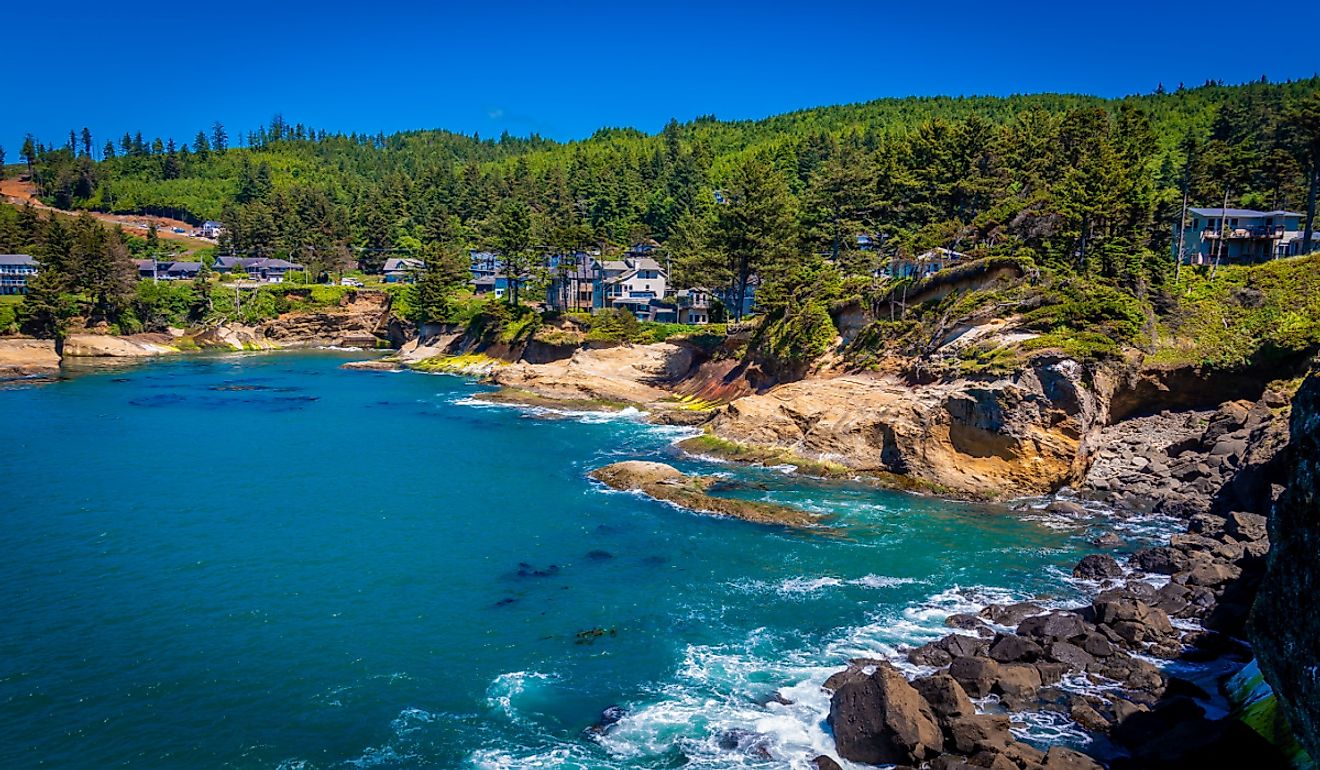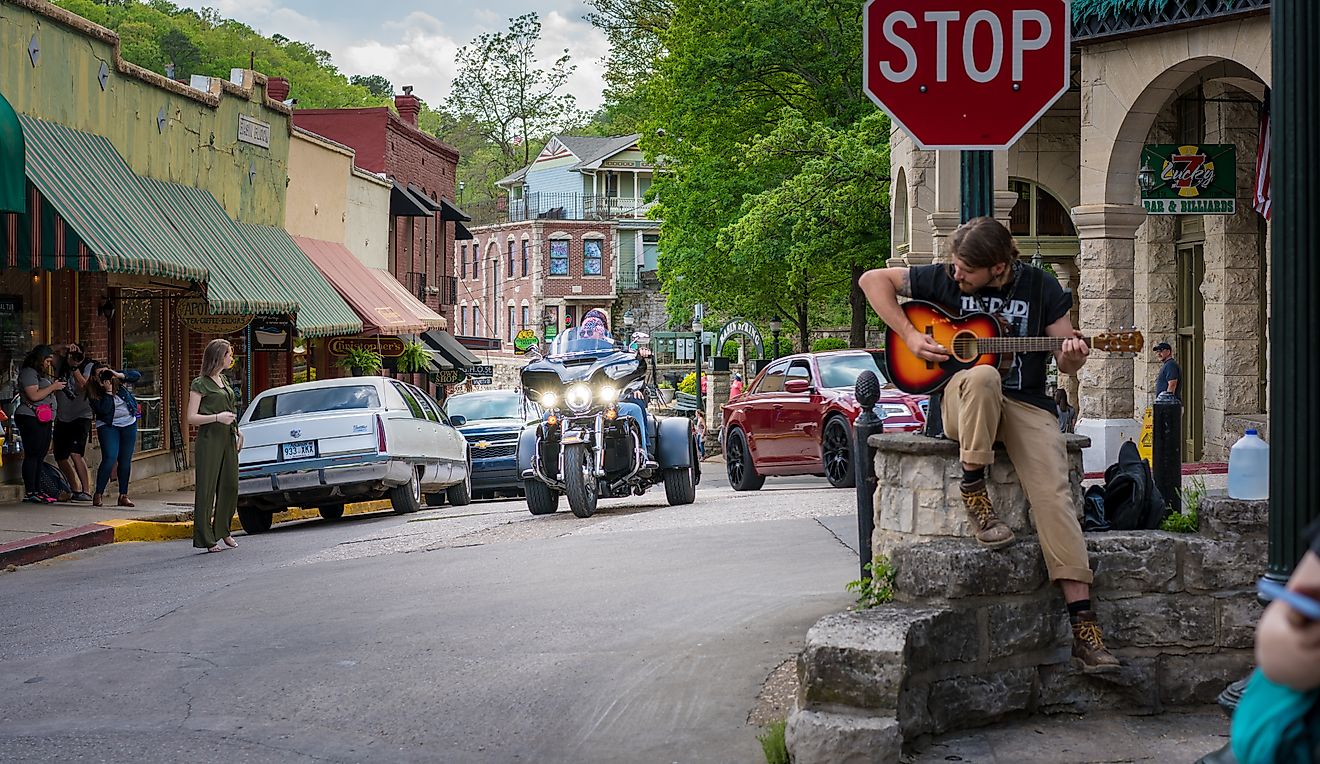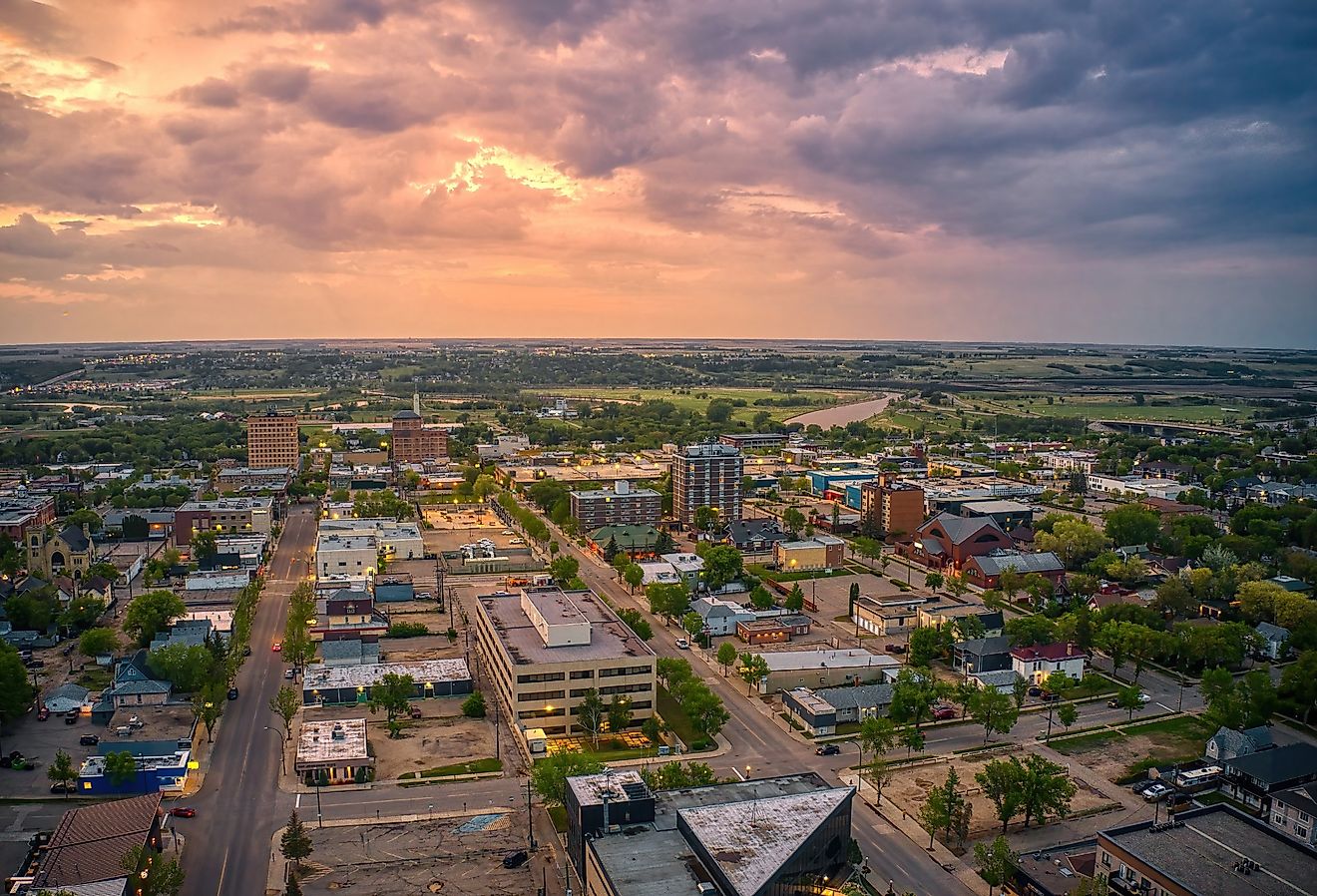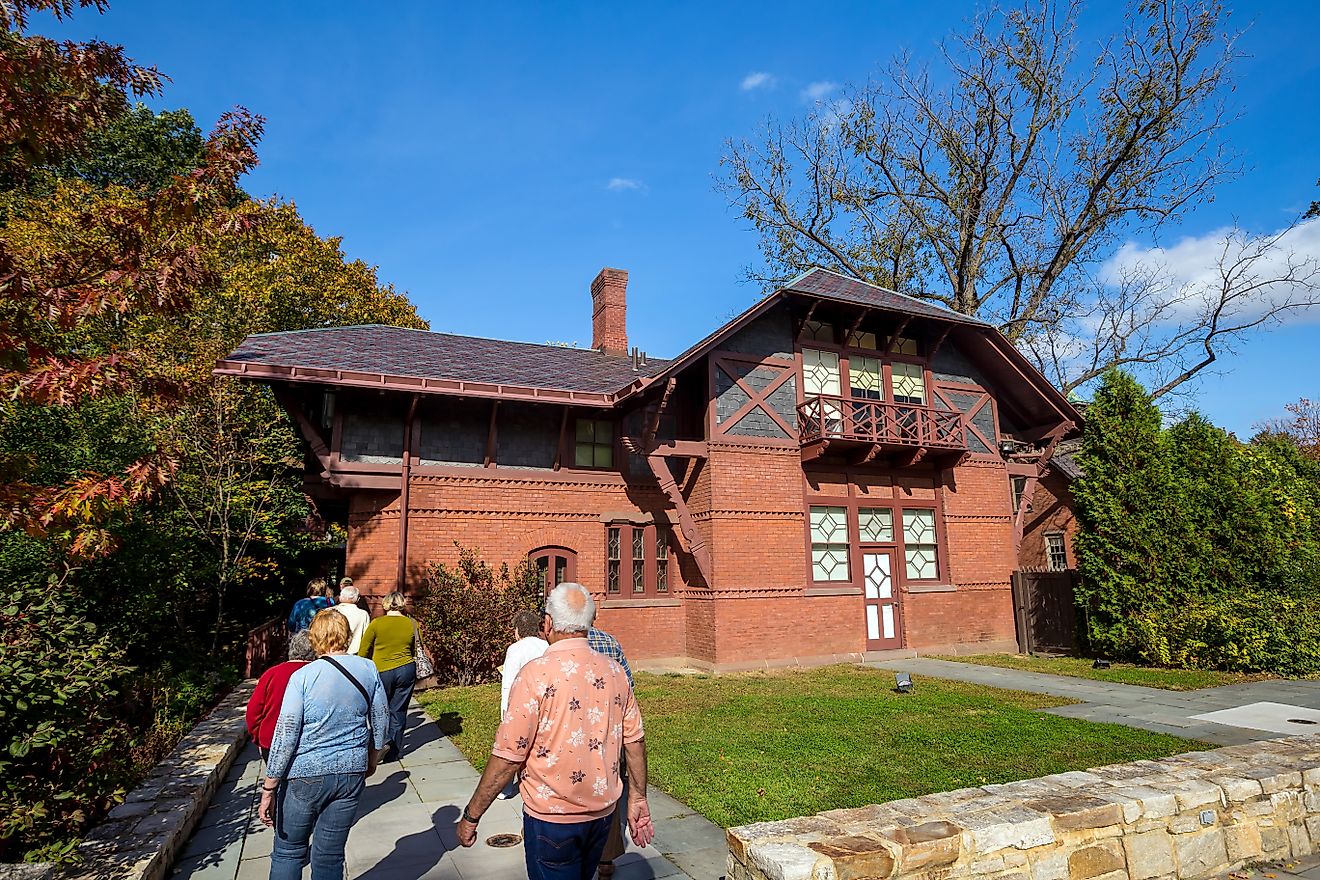
Key West, Florida
The city of Key West is located in the US state of Florida. It is situated on an island of the same name, which is the southernmost major island of the island chain known as the Florida Keys. The city was founded right around the time when Florida became part of the United States. It eventually became the southernmost major locality in the entire continental United States. By the early 20th century, Key West became popular with tourists. Today, it is still a mecca for tourists, who come to the city looking for a taste of warm weather, sandy beaches, and crystal-blue waters.
Geography Of Key West
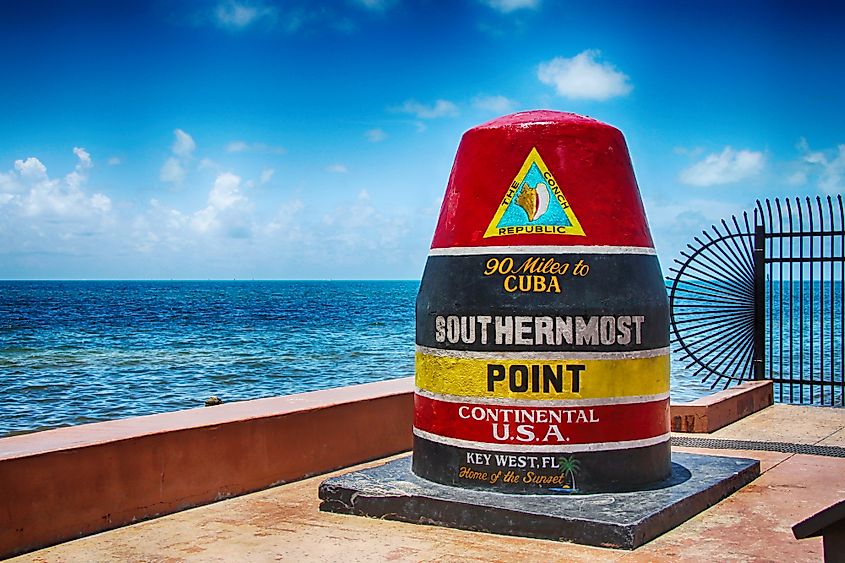
As previously mentioned, the city of Key West shares its name with the island on which it is situated. To the west of it are a few smaller islands, some of which are part of the Key West National Wildlife Refuge. One island west of Key West, known as Ballast Key, is home to the southernmost point in the contiguous United States. To the north of Key West are the islands of Dredger’s Key and Fleming Key. The Straits of Florida are situated to Key West’s south. Across these straits, just 144.8 km (90 miles) away is the island country of Cuba. The other major islands of the Florida Keys are located to the east of Key West. The Overseas Highway runs for 181.9 km (113 miles) from Key West eastward through the rest of the Florida Keys, connecting the island chain to the Florida mainland. The total area of the city is 15 sq. km (5.6 sq. miles). Key West is divided into an older section and newer section. The newer section, aptly named New Town, is located on the eastern part of the island, while the older section of Key West is located on the western part, and contains most of the city’s historical attractions, including the Key West Historic District.
Population Of Key West

The population of Key West is 23,342. About 79% of the city’s population is classified as white, of which approximately 59% are non-Hispanic and around 20% are Hispanic. African Americans make up the second largest racial group at around 14%. People of other racial backgrounds constitute the rest of the population. More than three quarters of Key West’s population speaks English, while nearly 16% speak Spanish. Other languages spoken in the city include French, German, and Italian. A little over 79% of Key West residents were born in the United States, while about 28% were born in Florida. About 11% of the city’s residents, most of whom come from Latin America, are not US citizens.
Economy Of Key West

Average earnings in Key West are $36,901. The city’s poverty rate stands at 11.26%. Tourism is the leading industry in Key West, which is probably why accommodation & food services is the biggest economic sector in the city in terms of number of employees. The second and third largest sectors respectively are healthcare & social assistance, and retail trade.
History Of Key West
Before the arrival of Europeans, Key West was inhabited by the aboriginal Calusa and Tequesta peoples. The first European to visit the island was Spanish explorer Ponce de Leon. The island was given the name Las Martines (the martyrs), and claimed by Spain in 1513. But aside from possible incursions by New Englanders and Bahamians, no one of European descent settled on the island of Key West permanently until Florida became a US territory in 1821. When permanent settlement began, however, Key West quickly became an economic center, in large part because it had the deepest natural port between New Orleans and Norfolk, Virginia. In fact, it was not long before the city of Key West became the largest in all of Florida. By 1870, its population had grown to 5,675 residents.
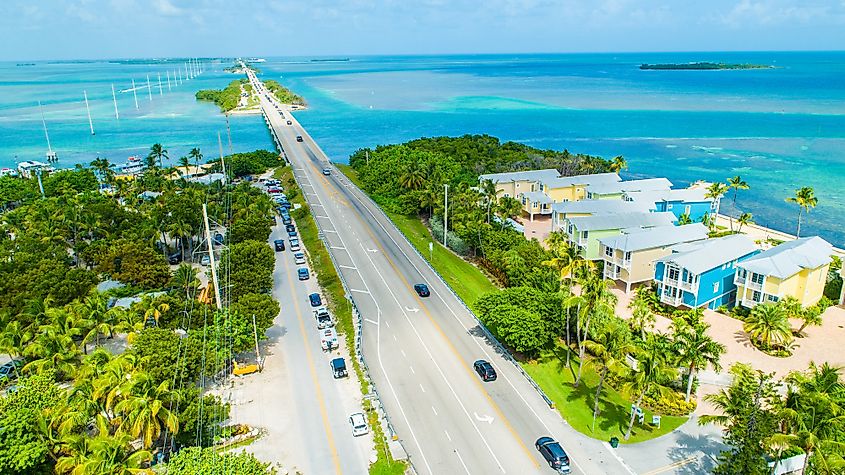
With the arrival of the 20th century also came the arrival of the Overseas Railroad. Construction began in 1904, and by 1912, Key West was connected to the rest of Florida and the United States by rail. At this point, the city became a tourist destination as trainloads of northerners came to stay there. Henry Flagler, the man who built the Overseas Railroad, also built an exclusive resort in the city. It was tourism that eventually saved Key West following the Great Depression of the 1930s, which impoverished the city. Another development that helped Key West grow after the Great Depression was the building of the Overseas Highway, beginning in 1937. The new highway was completed in 1942.
The 1940s and 1950s saw Key West’s population double. But in 1961, the city suffered another economic blow when American relations with neighboring Cuba soured following the country’s revolution two years prior, which brought a communist government into power. Many Cubans fled to Key West to escape the communist regime. The economy in Key West was stagnant throughout the 1970s. This was also the decade in which many authors and writers came to the city, including Ernest Hemingway, Robert Frost, Elizabeth Bishop, Ralph Ellison, Philip Burton, James Herlihy, Phil Caputo, and Tennessee Williams.

In 1982, Key West became the site of a sort of mini-rebellion when the so-called Conch Republic was proclaimed as a protest against economic conditions in the city and the rest of the Florida Keys. This act of protest was aimed specifically at the establishment of a barricade at the top of the Florida Keys by federal customs officials trying to prevent the entry of drugs and illegal immigrants into the United States. This barricade held up traffic for hours, damaging the economy of the Keys. In the 1990s, however, Key West was once again on the economic rebound. Its downtown area in particular saw rapid growth, including the establishment of many new bars, restaurants, artist galleries, and designer shops.
Attractions In The Key West Area

Key West owes its attractiveness as a tourist destination to its warm weather and breathtaking natural environment. Most tourists come to the city to enjoy its beaches and ocean waters, which are primed for all sorts of outdoor activities, including boating, fishing, scuba diving, and even encounters with dolphins. There are also some historic attractions in Key West, including a number of museums and the city’s historic seaport.
